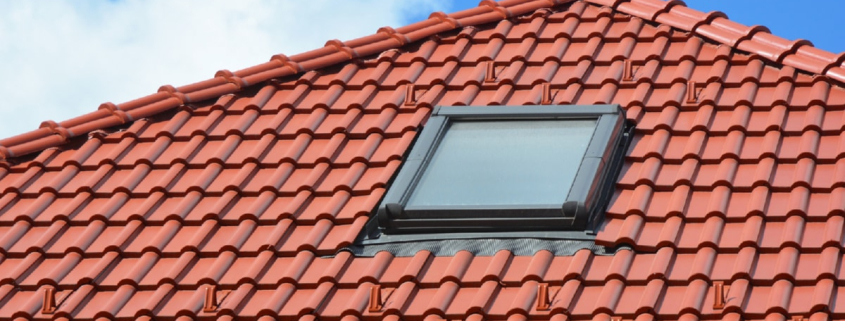Unique Solutions to Common Construction Challenges 7592
Selecting the right building materials is a critical part of any construction project. Whether you’re building a new home, a commercial building, or renovating an existing structure, the materials you choose can have a significant impact on the final product’s quality, durability, and sustainability. This article offers a guide on what to consider when selecting materials for construction.
First and foremost, consider the function of the building. Residential buildings require different materials than commercial ones. For instance, steel might be more suitable for residential construction, while concrete might be the better choice for commercial buildings because of its strength and durability.
Next, pay attention to the local climate and environmental conditions. Different materials perform differently in various climates. For instance, in damp, humid climates, you might want to avoid materials prone to mold and decay, such as certain types of wood. In contrast, in dry, hot climates, materials with high thermal mass, like brick, can help regulate interior temperatures.
Sustainability is another important factor when selecting materials for construction. Use materials that are locally sourced, recycled, or renewable whenever possible. Not only does this help reduce the environmental impact of the building, but it can also lower transportation costs and support local businesses.
One must also think about the budget for materials. While some materials may be cheaper upfront, they may require more maintenance or have a shorter lifespan, making them more expensive in the long run. Therefore, it’s essential to consider both the initial cost and the long-term costs when selecting the perfect materials for your building project.
Lastly, aesthetics should cost-effective not be overlooked. The materials you choose can significantly affect the building’s look and feel. Consider how the materials will look in the context of the surrounding environment and other buildings in the area. Will they blend in, or will they stand out? This is especially important in areas with strict architectural guidelines or in historic districts.
In conclusion, choosing the right building materials involves considering multiple factors, including the building’s function, the local climate, sustainability, cost, and aesthetics. By taking the time to carefully evaluate each of these factors, you can ensure that the materials you choose will result in a building that is durable, sustainable, cost-effective, and visually pleasing.
For more details, check best Fascia Soffit Service Kildare or visit their Fascia Soffit business services page here.



Leave a Reply
Want to join the discussion?Feel free to contribute!